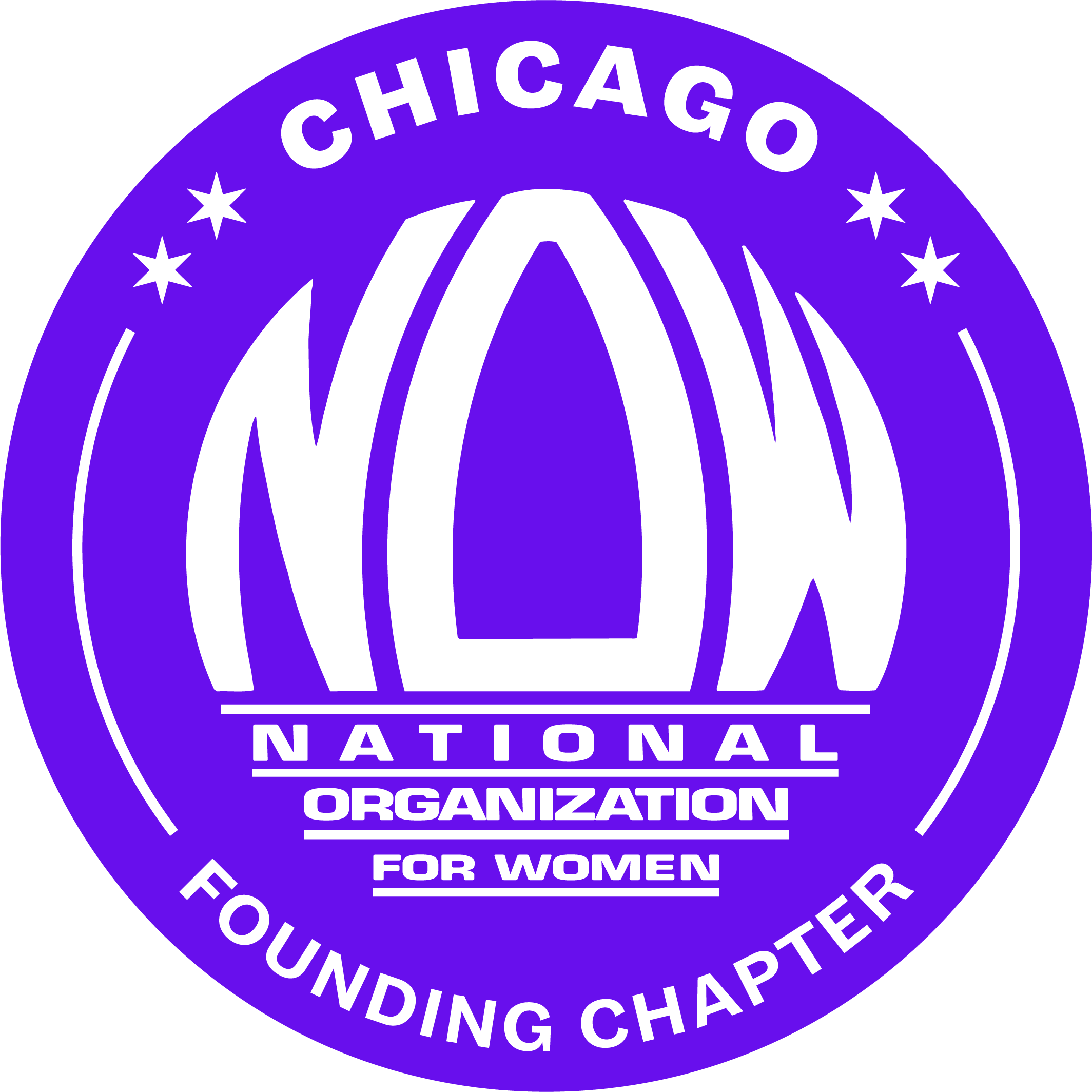June 15, 2020 was a celebratory day for LGBTQ rights when the U.S. Supreme Court issued a 6–3 decision in favor of the most expansive federal protections provided to the LGBTQ community to date. In Bostock v. Clayton County, Georgia, the U.S. Supreme Court held that Title VII of the Civil Rights Act of 1964, which prohibits employment discrimination on the basis of sex, included the prohibition of employment discrimination on the basis of sexual orientation and gender identity. The opinion, which was penned by Justice Gorsuch, was joined by Justices Ginsburg, Breyer, Sotomayor and Kagan, and Chief Justice Roberts.
This case had been consolidated with two other LGBTQ rights cases, Altitute Express v. Zarda and R.G. & G.R. Harris Funeral Homes v. EEOC. The facts were undisputed that Plaintiffs Gerald Bostock and Donald Zarda were terminated when their employers learned of their sexual orientation, and Plaintiff Aimee Stephens was fired when she informed her employer that she would be transitioning. The U.S. Supreme Court held that “an employer who fires an individual merely for being gay or transgender defies law.” This decision provides millions of individuals with the respect and protection they deserve in the workplace. UCLA’s Williams Institute reports that approximately 1 million U.S. workers identify as transgender, and approximately 7.1 million U.S. workers identify as lesbian, gay and bisexual. A study by the Human Rights Commission found that almost half of LGBTQ individuals are closeted in the workplace. Every person deserves the right to work with dignity and should not fear that at any time they could be legally fired based solely on their sexual orientation or gender identity. This landmark decision is an enormous legal victory for the LGBTQ community and a necessary step toward overdue equality under the law.
However, the fight for equality is far from over. The Equality Act, which has already passed in the U.S. House of Representatives, must be enacted. The Equality Act prohibits discrimination based on race, color, sex, national origin, religion, sexual orientation and gender identity beyond the workplace and extends to the marketplace, public services, housing, medical insurance coverage, public accommodations and federally funded programs. These protections are especially important to those individuals who face many other discriminatory barriers. Without such comprehensive legislation, true equality under the law cannot be reached.
For now, we relish in a long-fought victory. To Plaintiffs Donald Zarda and Aimee Stephens, who unfortunately passed before they were able to witness this groundbreaking decision in their favor, rest in power.


